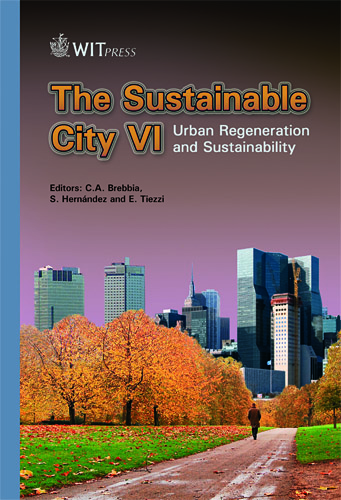Suburbia As A Battlefield Between Society, Environment And Planning Strategies
Price
Free (open access)
Transaction
Volume
129
Pages
12
Page Range
371 - 382
Published
2010
Size
913 kb
Paper DOI
10.2495/SC100321
Copyright
WIT Press
Author(s)
R. Barelkowski
Abstract
The observation that certain spatial phenomena appear as a result of overall socio-economic mechanisms is not new. Thus it is not surprising that the problem of urban sprawl reached Central and Eastern Europe some years ago, being a vivid reminder of both the transformation of the socio-political system and the lack of control regarding the quality of urban space. In the majority of cases these European countries were unable to accommodate the dynamic emergence of market forces consuming once rural areas around urban agglomerations, giving ground to chaotic arrangements and exploiting the most precious and pristine natural resources. This paper discusses the implementation of a county scale planning procedure with specific, targeted mechanisms adjusted to the Polish legal system in order to illuminate the state of spatial planning and the difficulty in establishing rules of sustainability twenty years after the transformation. Using the case of Rokietnica, a neighboring agglomeration of Poznan, it describes culturally and environmentally oriented mechanisms focused on the conciliation of societal needs, the unstoppable but controllable development opportunities, fragile, yet more and more valuable attributes of cultural landscape and charming natural settings. Keywords: quality of the environment, social and economic aspects in heritage, social participation, planning strategies. 1 Suburban tensions – environmental problems Urban sprawl has become one of the major problems in the second half of the 20th century as a result of uncontrolled urbanization fuelled by civilization processes and thus not restricted to the interest of architects and planners only.
Keywords
uality of the environment, social and economic aspects in heritage, social participation, planning strategies





